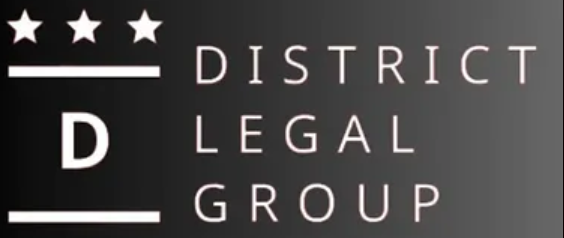Understanding Wrongful Termination in Employment Law: What You Need to Know
Wrongful termination is a significant issue in employment law, arising when an employee is fired in violation of legal rights or public policy. Though most employment in the United States is "at-will," meaning employers can terminate employees for nearly any reason or no reason at all, there are critical exceptions to this rule. Wrongful termination occurs when a termination breaches federal, state, or local laws, an employment contract, or public policy. Understanding these exceptions can help both employers and employees protect their rights.
1. Discrimination-Based Wrongful Termination
One of the most common grounds for wrongful termination arises from discriminatory practices. Federal laws such as Title VII of the Civil Rights Act of 1964, the Age Discrimination in Employment Act (ADEA), and the Americans with Disabilities Act (ADA) prohibit firing employees based on characteristics such as:
- Race
- Religion
- Gender
- National origin
- Age (if over 40)
- Disability
States and localities may offer additional protections beyond these federal statutes. For example, many jurisdictions also prohibit discrimination based on sexual orientation or gender identity. If an employee can prove that their termination was motivated by discrimination, they may have a valid wrongful termination claim.
2. Retaliation
Employees are protected from retaliation for exercising their legal rights. Federal and state laws safeguard employees who:
- File complaints about workplace discrimination or harassment
- Report safety violations under the Occupational Safety and Health Act (OSHA)
- Act as whistleblowers by reporting illegal conduct within the company
- Take medical leave under the Family and Medical Leave Act (FMLA)
If an employer fires an employee as a form of retaliation for engaging in any of these protected activities, that may constitute wrongful termination. Retaliatory dismissals often require careful examination, but the key is whether the termination was motivated by the employee's legally protected actions.
3. Violation of Public Policy
Terminating an employee in violation of public policy is another form of wrongful termination. Public policy claims typically arise when an employee is fired for reasons that society has recognized as improper. Examples include:
- Terminating an employee for refusing to engage in illegal activities at the employer's request
- Firing an employee for taking time off to vote or serve jury duty
- Terminating a worker for reporting workplace hazards or illegal behavior
In these cases, even though there may not be a specific statute governing the situation, the termination can be deemed wrongful because it contravenes established public policies meant to protect workers and promote justice.
4. Breach of Contract
Not all employees are at-will. Some are employed under contracts that specify the duration of employment or define the conditions under which an employee may be terminated. If an employer breaches the terms of such a contract, the employee may have grounds for a wrongful termination lawsuit.
Employment contracts may be explicit (such as a written contract) or implied (such as an agreement inferred from the employer's conduct, policies, or verbal promises). Even employee handbooks or policies outlining disciplinary procedures may create contractual obligations if they suggest a certain process must be followed before termination.
5. Constructive Discharge
Constructive discharge is a legal concept where an employee resigns due to intolerable working conditions that would compel any reasonable person to quit. Although the employee technically "quits," the resignation is treated as a termination because the employer made the working environment so unbearable that continuing employment was not a viable option. Constructive discharge claims are often based on ongoing harassment, discrimination, or unsafe working conditions that an employer fails to address despite being aware of the issue.
6. What to Do If You Believe You Were Wrongfully Terminated
If you believe you were wrongfully terminated, the first step is to gather evidence to support your claim. This includes:
- Collecting any emails, documents, or performance reviews related to your employment
- Documenting any conversations or incidents that you believe led to your termination
- Consulting with an employment attorney who can assess the strength of your case and guide you through the legal process
Many wrongful termination claims have strict deadlines, known as statutes of limitations, so it's essential to act quickly to protect your rights.
7. Employer Best Practices
Employers can minimize the risk of wrongful termination claims by following a few key practices:
- Documenting the reasons for termination, including performance issues and disciplinary actions
- Ensuring that terminations are consistent with company policies and procedures
- Providing training on anti-discrimination and retaliation laws
- Consulting legal counsel before terminating employees in sensitive situations, such as those involving potential discrimination or retaliation claims
Wrongful termination cases can be complex and emotionally charged. Understanding the legal framework can help both employees and employers navigate this challenging area of employment law, ensuring that rights are respected and upheld.
Conclusion
Wrongful termination involves much more than unfair or unjust firings—it is a specific legal claim that requires a violation of statutory rights, contractual obligations, or public policy. Employees who believe they have been wrongfully terminated should seek legal counsel to determine if their case meets these criteria, while employers should take proactive steps to ensure compliance with all applicable laws and policies to avoid costly litigation.










